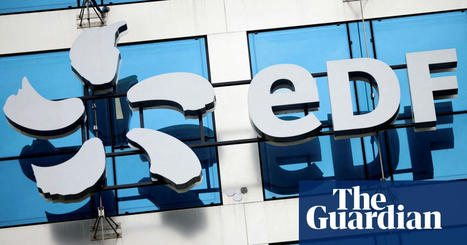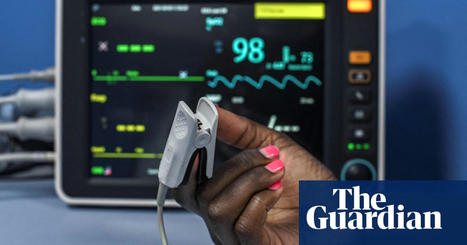This excellent Wendover clip looks at why the Chinese economy is slowing, as a result of its housing crisis and the state of its property market.
Research and publish the best content.
Get Started for FREE
Sign up with Facebook Sign up with X
I don't have a Facebook or a X account
Already have an account: Login
A collection of articles relating to the 'international' elements of Economics and relating to IB, Pre-U and A-Level Economics.
Curated by
Graham Watson
 Your new post is loading... Your new post is loading...
 Your new post is loading... Your new post is loading...
|
|












An excellent look at how demographic change has altered the Chinese housing market, and the switch from state-provided housing to private sector provision.
It's a lengthy clip but gives a very good overview of the past 30 years of Chinese economic history and the centrality of the housing market to both its rise and, potentially, its ongoing fall.